When I grew up, I learned more about the legend of "Banh Chung, Banh Day", the touching story about Lang Lieu's filial piety and the profound meaning of the two types of cakes symbolizing heaven and earth.
Since then, the image of the Hung Kings in my mind is not only the founding fathers but also the wise fathers who laid a solid foundation for the formation and development of Vietnam.
I admire the king not only for his contributions to building the country and expanding its territory, but also for his tolerance, wisdom and profound humanity in his views on people and in his decisions of national and ethnic significance.
Those stories penetrate deep into the soul, fostering love and gratitude for ancestors.
Time just kept passing by, the hustle and bustle of life swept me away with daily worries. It was not until more than forty years later, when my hair was already gray, that I had the opportunity to fulfill a long-cherished wish: to set foot on the Hung Temple Historical Site.
In the solemn and quiet atmosphere here, I respectfully offer incense, remembering and expressing gratitude to the first kings, those who had the merit of building and defending the country at the dawn of the nation's history.
Touching the sacred land
The first time I set foot on Nghia Linh mountain, a mountain with many historical sediments, located in Viet Tri city, Phu Tho province, I could not help but be moved, feeling like I was touching the very source of the nation, where the sacred energy of mountains and rivers converge.
Hung Temple in my mind at this moment is not only a simple spiritual place but also a sacred symbol of solidarity, passionate patriotism and indomitable will of the Vietnamese people through many generations.
The Hung Temple historical relic site is spread over a sacred land, including many architectural works with profound historical and cultural values. Each temple, mausoleum, and well contains legendary stories and indelible historical marks.
Ha Temple, located at the lowest point of Nghia Linh Mountain, is said to be the place where Mother Au Co gave birth to a sac of one hundred eggs, a miraculous story that represents the common origin of the Vietnamese ethnic community.
Standing in front of the ancient temple, I felt the vastness and greatness of maternal love, the origin of a nation with strong vitality.
Our group offered incense at Trung Temple.
Continuing my journey up, I came to Trung Temple, known as the place where the Hung Kings often met to discuss national affairs. Here, important decisions related to the fate of the nation and the lives of the people were made.
The quiet space of Trung Temple reminds me of solemn court sessions, of the concerns and worries of wise kings for the prosperity of the country.
Climbing the mossy stone steps, the Upper Temple appears majestically on the top of Nghia Linh Mountain. This is the highest place of the relic site, where the Hung Kings performed rituals to worship heaven and earth, praying for favorable weather, national peace and prosperity.
Standing in this position, looking out over the entire land of Phu Tho, I feel more clearly the connection between people and nature, between the past and the present. The cool breeze seems to carry the breath of the past, reminding the responsibility of today's generation towards the beautiful country that our ancestors worked hard to build and protect.
Not far from the Upper Temple is the Hung King Tomb, the resting place of the sixth Hung King. Although not the burial place of all the Hung Kings, this tomb still has a profound symbolic meaning, expressing the gratitude and respect of posterity for those who founded the country.
Finally, my group stopped at Gieng Temple, a small temple but carrying a touching story about two princesses Tien Dung and Ngoc Hoa, the beautiful and virtuous daughters of King Hung.
According to legend, the two princesses often looked at themselves in this clear well. The story of the two princesses not only adds to the legendary beauty of the Hung Temple land but also shows the beauty in the souls of Vietnamese women.
Legendary stories live forever
Each relic at Hung Temple is not only an architectural work but also a vivid history page, telling about Mother Au Co, the Hung Kings, the princes and princesses. These stories have become an indispensable part of the Vietnamese folklore treasure, passed down from generation to generation, enriching the soul and nurturing national pride.
We Vietnamese, wherever we are and whatever we do, surely all know about the strange fate between Lac Long Quan, a god of the Dragon lineage, and Au Co, a woman of the Fairy lineage. That fateful encounter created a beautiful love and gave birth to a sac of one hundred eggs, which hatched into one hundred children.
Then, according to the will of heaven, Lac Long Quan sent fifty of his sons to the sea to expand the territory, and Au Co sent fifty of her sons to the mountains to build the country. This division did not create a separation, but on the contrary, it created a Vietnam with diverse terrain and rich culture, with a close connection between the mountains and the plains, between the sea and the mainland.
Nowadays, every time Tet comes, spring comes or during the sacred death anniversary of the ancestors, the image of square green banh chung and round white banh day appear on the ancestral altar. Looking at those traditional cakes, we cannot help but recall the touching story of Lang Lieu, the filial son of King Hung.
Thanks to his sincerity and wisdom, Lang Lieu was told by the gods to make two types of cakes symbolizing heaven and earth, expressing gratitude to his roots and his desire for a harmonious and beautiful life. When offering them to his father, Hung Vuong was deeply moved by the profound meaning of the two cakes and decided to pass the throne to him, a testament to the Vietnamese people's respect for morality and talent.
The stories about King Hung choosing a son-in-law for his daughter are also closely linked to the daily activities and aspirations of the Vietnamese people. The story of Son Tinh and Thuy Tinh competing to win over My Nuong (Princess Ngoc Hoa) is not only a legend about the extraordinary power of nature but also represents the dream of controlling natural disasters and protecting the peaceful life of the people.
Or the story of Chu Dong Tu and Princess Tien Dung, a love that overcomes all barriers of social status, demonstrating the concept of free love and equality in ancient Vietnamese society.
All of these stories have contributed to enriching the spiritual life of Vietnamese people and made me appreciate more the good traditional values of the nation.
Hung King's Death Anniversary - National Festival
Standing before the majestic Hung Kings' temple, the familiar folk song suddenly echoed in my mind, like a sacred reminder:
"No matter where you go
Remember the death anniversary of the ancestors on the 10th of March
The song is passed down from generation to generation
"The country is still the country of the thousand years".
These four simple yet profound folk songs have become a meaningful message about patriotism, gratitude to ancestors and national solidarity, good cultural values that Vietnamese people cherish and preserve through many generations.
Even though I did not visit Hung Temple during the festival, I still felt the solemn atmosphere and national pride spreading in this sacred space.
Every year, on the 10th day of the 3rd lunar month, the Hung Kings' Commemoration Day is solemnly held at the Hung Temple Relic Site with many traditional rituals imbued with national cultural identity. Incense offering, palanquin procession, and sacrifices to commemorate the Hung Kings' merits are indispensable rituals, expressing the descendants' respect and gratitude to their ancestors.
Besides the solemn ceremony, the festival also took place with many unique cultural activities such as Xoan singing - an art form recognized by UNESCO as an intangible cultural heritage of humanity, tug of war, wrestling, banh chung wrapping and banh day pounding competitions, traditional art performances, etc.
All of this creates a diverse and rich cultural space, attracting millions of people from all over the country and overseas Vietnamese to make a pilgrimage to their roots.
Not only in Phu Tho province, on the Hung King's death anniversary, many localities across the country also simultaneously held incense offering ceremonies, expressing their respect and gratitude to their ancestors. The image of people making pilgrimages to Hung Temple from the past to the present has always brought traditional offerings such as banh chung, banh day, sticky rice with chicken, etc. as a reminder of their origins and the thousand-year-old cultural values of the nation.
This trip to the Hung Kings Temple Historical Site was truly a meaningful journey, not only fulfilling my long-standing wish but also making me more proud of my nation’s history and culture. I felt more deeply than ever the passionate patriotism, the boundless gratitude to my ancestors and the firm belief in the longevity of the Vietnamese nation.
Hung Temple is not only a cultural tourist destination but also a common "spiritual home" of all Vietnamese people, a place for each of us to return to our roots, to appreciate more traditional cultural values and to together build a bright future for the country.
If you have never had the opportunity to visit Hung Temple, please make a pilgrimage to this sacred land, where every Vietnamese person shares a deep sense of pride and gratitude./.
An Thuan
Source: https://baolongan.vn/khu-di-tich-lich-su-den-hung-mai-nha-tam-linh-truong-ton-cua-nguoi-viet-a192981.html



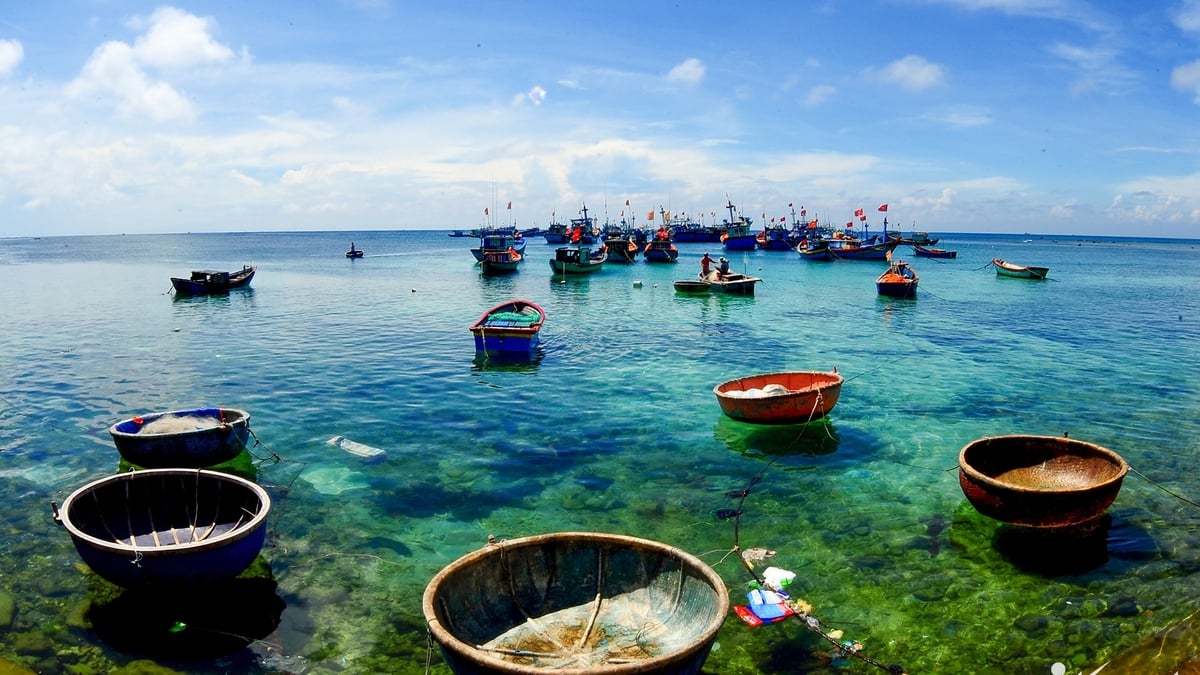
![[Photo] Party and State leaders attend the special art program "You are Ho Chi Minh"](https://vphoto.vietnam.vn/thumb/1200x675/vietnam/resource/IMAGE/2025/5/18/6895913f94fd4c51aa4564ab14c3f250)

![[Photo] Special flag-raising ceremony to celebrate the 135th birthday of President Ho Chi Minh](https://vphoto.vietnam.vn/thumb/1200x675/vietnam/resource/IMAGE/2025/5/19/1c5ec80249cc4ef3a5226e366e7e58f1)
![[Photo] Party and State leaders visit President Ho Chi Minh's Mausoleum](https://vphoto.vietnam.vn/thumb/1200x675/vietnam/resource/IMAGE/2025/5/19/d7e02f242af84752902b22a7208674ac)





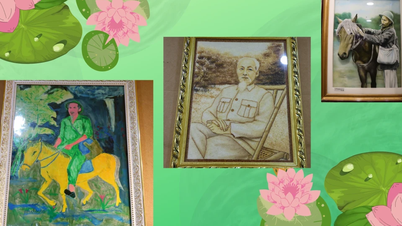

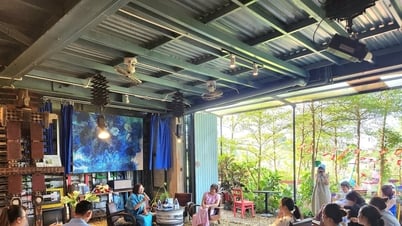

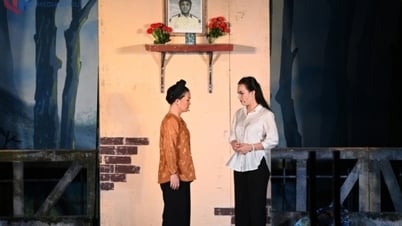
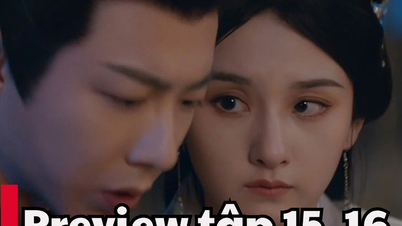






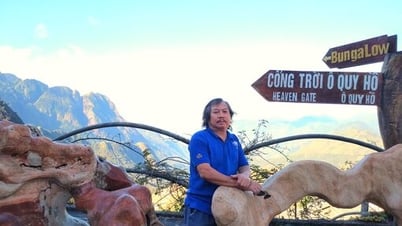
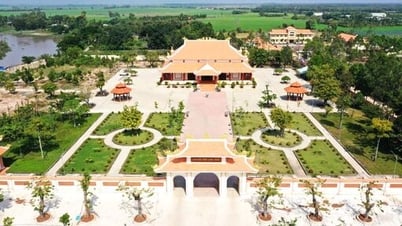
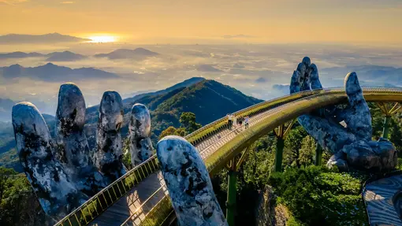


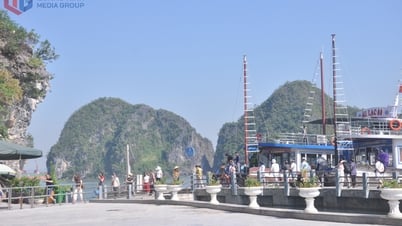












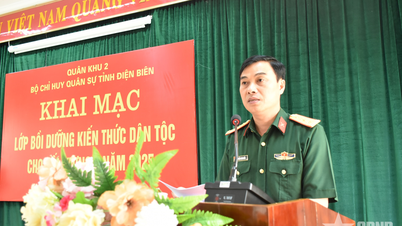




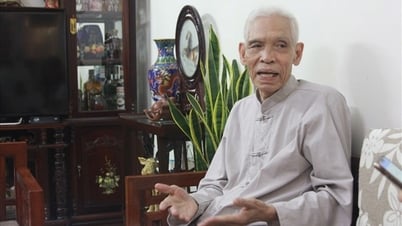

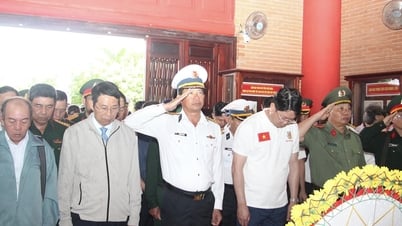



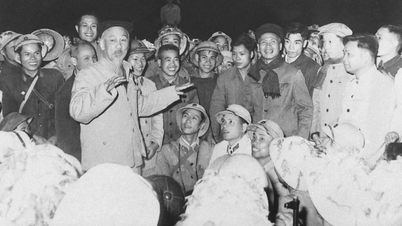

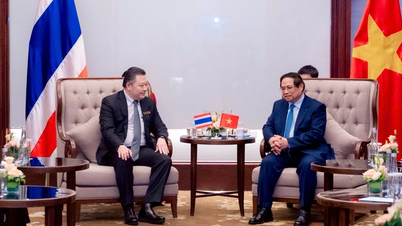






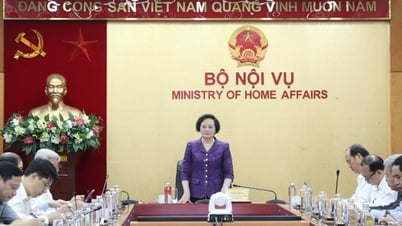







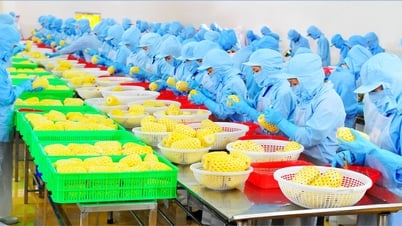


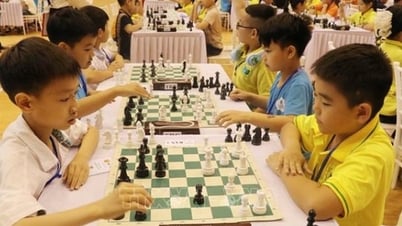




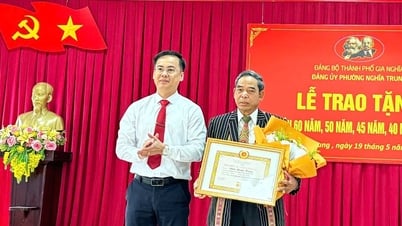
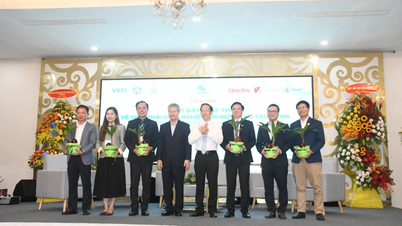









Comment (0)